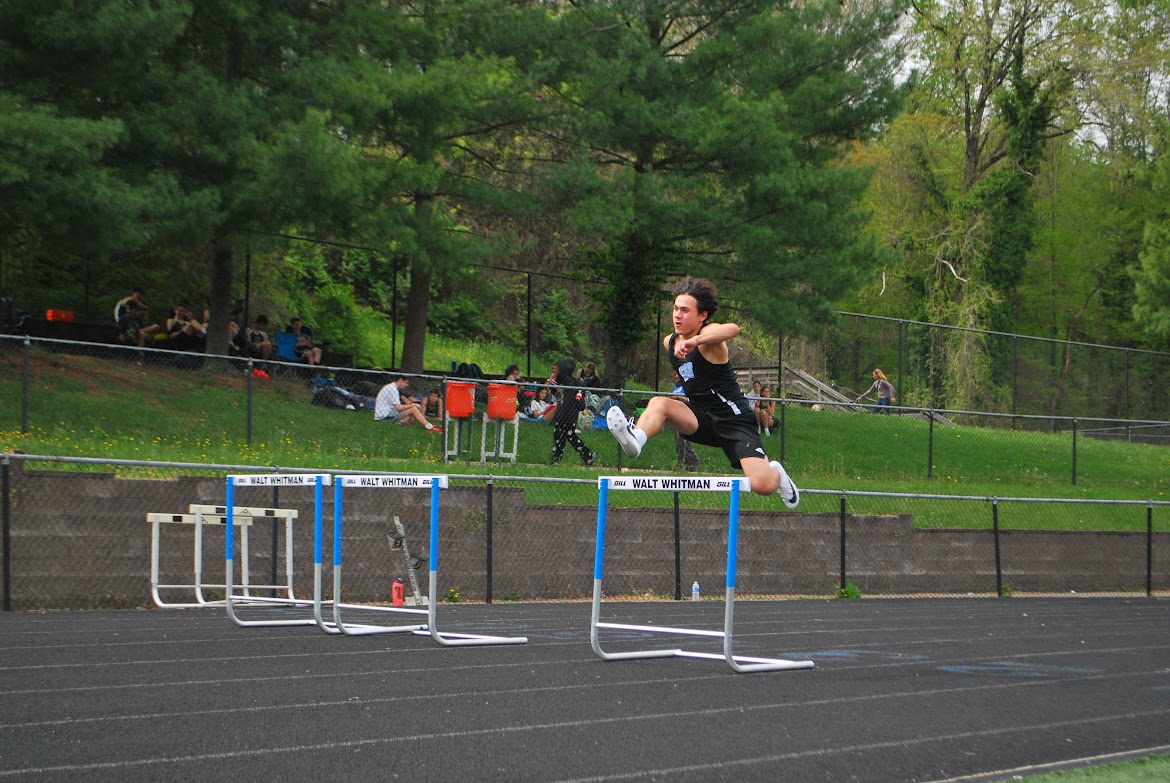More and more students are turning to alternative projects in order to meet the state’s HSA graduation requirement. All Maryland students must pass state assessments in algebra, biology, government and English 10, or achieve a combined score of 1602 across all four tests in order to graduate. If students fail a specific test twice, they qualify for alternative projects, or in some cases, BOE waivers.
Almost five percent of MCPS seniors last year fulfilled the graduation requirement by completing Bridge Plan alternative projects, a two percent increase from 2009. By Oct. 13 of this year, students at Whitman had already submitted 14 projects to the county school board for approval, assistant principal Kathy McHale said, who coordinates Bridge Projects.
This year, the school is providing more support for students who struggle with HSA tests with the creation of a new Bridge class designated to help students complete their projects in school, McHale said. Nine students are scheduled to take the class, but that number changes based on scores from the latest test.
“It’s not an easy option,” McHale said. “It’s not something that kids will say, ‘Oh yeah, I want to do a project instead.’ We want to have zero kids doing projects. But at least, it’s an option for students who struggle with the test. Each part of the alternative project focuses on a specific unit in the class and takes about eight to fifteen hours to complete, state officials said. The number of parts a student must complete depends on how poorly he or she scored on the exam. Even while they’re working on alternative projects, students are encouraged to continue taking the tests, given in October, January, April and May, in the hopes of passing the exam and bypassing the project.
Freshman Maria Mu said she thinks the alternative project option helps ease the stress for students who aren’t good test-takers.
“It’s fair to let students who fail the tests do a project because it gives them another chance to meet the graduation requirement,” she said.
Science teacher Susan Kite teaches the Bridge class and primarily works with students on biology HSA projects. Other teachers also assist when necessary. Before this year, Kite helped students with their Bridge projects during her lunch and planning periods, but now she dedicates her eighth period solely to helping these students.
“Having a class is definitely better,” Kite said. “The students are all in one place, and they have resources right there for them.”
Social studies resource teacher Robert Mathis works with students who must complete a Bridge project to meet the government HSA test requirement. Mathis said he’s glad there’s another option for students who struggle with the tests, typically because of learning disabilities or difficulties learning English. Still, he questions why the HSA is a graduation requirement.
“I have problems with one size fits all,” he said. “I have concerns when a kid who could have serious learning disabilities is told that he has to pass these tests to get a high school diploma. I have concerns about people who work hard and try hard and all they get is a certificate of attendance.”










